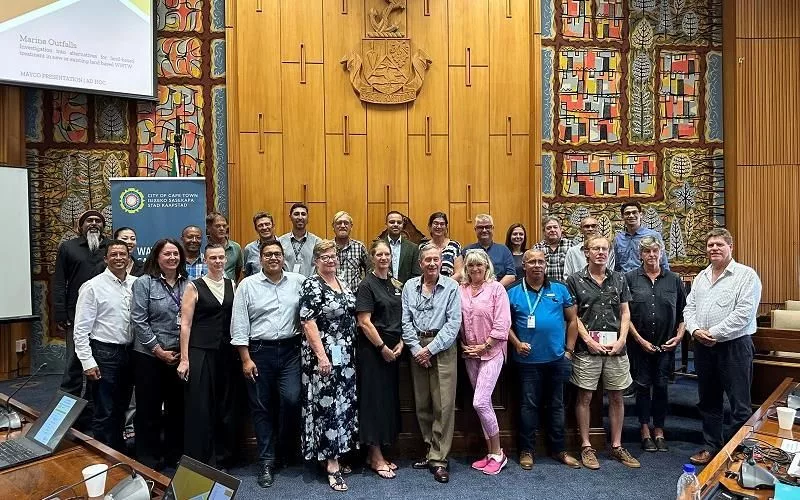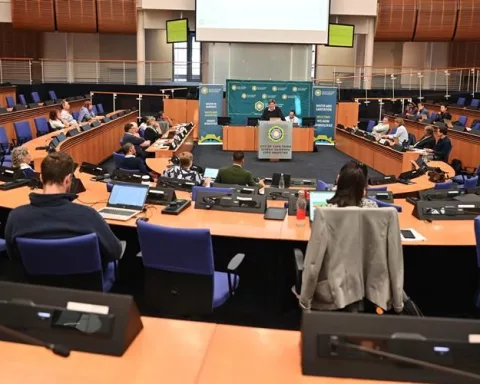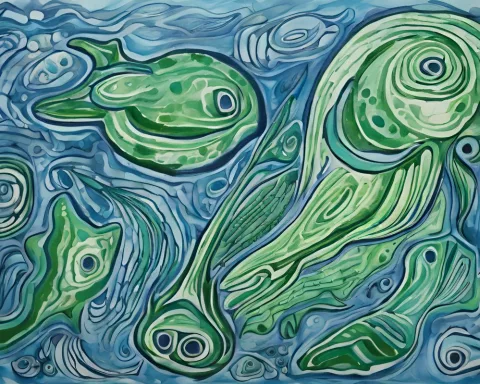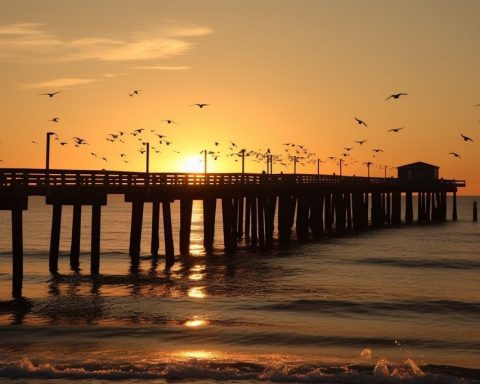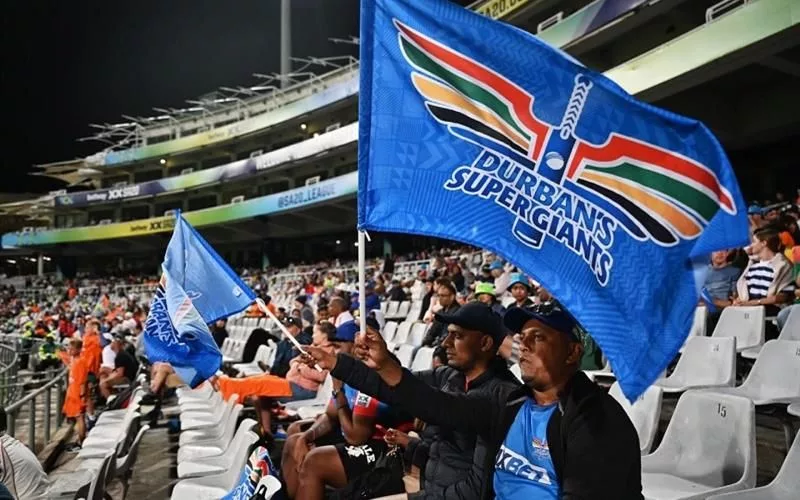Cape Town is taking steps to preserve its aquatic ecosystems by revamping or replacing its three primary marine outfalls. The city engaged consultants to investigate potential tactics, and a scoping study suggested short, medium, and long-term objectives. The ultimate goal is to enhance the quality of wastewater discharged, reducing environmental impact. The city is in the final stages of preparing an appeals decision report and will require an Environmental Impact Assessment to evaluate feasibility and budgetary implications for proposed options.
What is Cape Town’s initiative towards preserving aquatic ecosystems?
The City of Cape Town has begun a comprehensive discussion concerning the potential revamping or replacement of its three primary marine outfalls to preserve aquatic ecosystems. It has engaged consultants to investigate potential tactics for incorporating treatment at these marine outfalls, and a scoping study suggested short, medium, and long-term objectives. The City’s ultimate objective is to enhance the quality of the wastewater discharged, thereby reducing the environmental impact.
An Overview
In a recent initiative towards preserving aquatic ecosystems, the City of Cape Town has begun a comprehensive discussion concerning the potential revamping or replacement of its three primary marine outfalls. On 31st January 2024, the Water and Sanitation Directorate hosted a culmination of experts from the Section 79 Water and Sanitation Portfolio Committee and the Section 80 Mayoral Advisory Committee for Inland Water Quality. This meeting was a part of a broader 60-day public engagement period, which ended in November 2023, primarily focusing on permits for marine outfall discharges.
The three marine outfalls in Cape Town – Camps Bay (established in 1977), Green Point (established in 1993), and Hout Bay (established in 1993) – are functioning as planned, efficiently eliminating screened effluent from their respective drainage areas. This achievement is a testament to Cape Town’s commitment to elevating environmental procedures. In 2022, the Green Point and Hout Bay marine outfalls were honoured with the esteemed Green Drop Awards. Councillor Zahid Badroodien interpreted this recognition as evidence of the City’s dedication to refining wastewater treatment systems.
Consulting and Studying Alternatives
To further its mission, the City has engaged consultants to investigate potential tactics for incorporating treatment at these marine outfalls. A scoping study initiated in 2023 inspected possible alternatives for the present outfalls and anticipated the expenses tied to each proposition. The study highlighted that treatment quality is the most urgent issue, forming 54 percent of all feedback received during the public participation process.
The study suggested various short, medium, and long-term objectives for the City to consider. However, the realisation of these objectives will be dependent on the budget availability and findings of imminent feasibility studies.
Proposed Plans and Potential Costs
The short-term suggestion entails a significant renovation of the existing marine outfalls infrastructure, including the pump stations, with the projected cost of approximately R100 million. Medium-term options look ahead to the extension of the marine outfalls area to exclude environmental protection areas, along with the development and construction of a new wastewater treatment works (WWTW). The estimated cost for these modifications ranges between R2 billion and R3 billion.
Long-term alternatives present even more significant undertakings, including the construction of pump stations and pipelines to channel wastewater to existing WWTWs, significant construction to broaden traditional facilities, and the establishment of a comprehensive, new WWTW adjacent to the existing marine outfalls. Depending on the selected approach, the projected cost for these long-term plans varies between R1 billion to R8 billion.
Future Course and Environmental Impact
Presently, the City is in its final stages of preparing the appeals decision report, due for submission to the Minister of Fisheries, Forestry, and Environment on 29 February 2024. Meanwhile, there is a strong preference towards the implementation of short-term solutions, centred on renewing and refurbishing the current treatment and outfall infrastructure while addressing maintenance deficiencies to prolong the infrastructure’s lifespan.
The future direction also requires an Environmental Impact Assessment to examine the proposed options’ feasibility and evaluate their budgetary implications. The City’s ultimate objective is to enhance the quality of the wastewater discharged, thereby reducing the environmental impact. The Section 80 Mayoral Advisory Committee on Inland Water Quality will be instrumental in this process, vigilantly overseeing the marine outfalls to ensure conformity with national laws.
In light of the substantial costs and environmental consequences of the suggested modifications, the City now faces the challenge of deciding the best course of action. However, irrespective of the chosen path, the City’s allegiance to preserving its immaculate marine ecosystems remains unshakeable.
What are the three primary marine outfalls in Cape Town?
The three primary marine outfalls in Cape Town are Camps Bay, Green Point, and Hout Bay, which were established in 1977, 1993, and 1993, respectively.
What is the purpose of the scoping study conducted by the City of Cape Town?
The purpose of the scoping study conducted by the City of Cape Town is to inspect possible alternatives for the present outfalls and anticipate the expenses tied to each proposition. The study suggested short, medium, and long-term objectives for the City to consider.
What is the estimated cost for the short-term and medium-term plans suggested by the scoping study?
The estimated cost for the short-term plan, which entails a significant renovation of the existing marine outfalls infrastructure and pump stations, is approximately R100 million. The estimated cost for the medium-term plan, which looks ahead to the extension of the marine outfalls area and construction of a new wastewater treatment works, ranges between R2 billion and R3 billion.
What is the ultimate goal of Cape Town’s initiative towards preserving aquatic ecosystems?
The ultimate goal of Cape Town’s initiative towards preserving aquatic ecosystems is to enhance the quality of the wastewater discharged, reducing environmental impact.
What is the future course for Cape Town’s initiative towards revitalizing aquatic ecosystems?
The future course for Cape Town’s initiative towards revitalizing aquatic ecosystems requires an Environmental Impact Assessment to examine the proposed options’ feasibility and evaluate their budgetary implications. The City’s ultimate objective is to enhance the quality of the wastewater discharged, thereby reducing the environmental impact.
What is the role of the Section 80 Mayoral Advisory Committee on Inland Water Quality in Cape Town’s initiative towards revitalizing aquatic ecosystems?
The Section 80 Mayoral Advisory Committee on Inland Water Quality will be instrumental in overseeing the marine outfalls to ensure conformity with national laws and vigilantly overseeing the Cape Town’s initiative towards revitalizing aquatic ecosystems.

